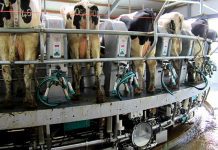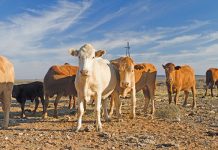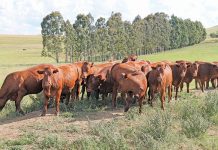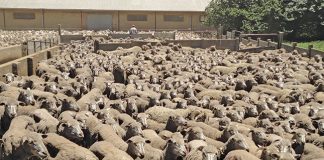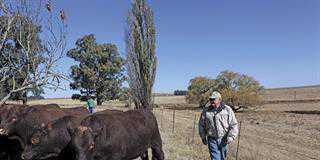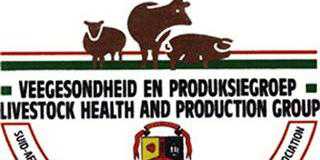I once had the privilege of spending the day with Dr ER ‘Bob’ Orskov, a Danish animal scientist, who worked at the Rowett Institute for Dairy Research in Scotland. One of the topics we discussed was the role of macro and micro minerals in cow performance. Bob’s comment was that a blood and tissue sample analysis of a mammal suffering from severe malnutrition would show deficiencies of virtually every mineral.
Supplementing minerals to correct only the deficiency will have no effect until protein and energy levels have been restored. The metabolic system is representative of a balance between minerals and basic nutrition. Supplementing trace minerals is delicate, as the interaction between minerals can influence uptake and assimilation; too much of one can induce a shortage of another. For example, if you overfeed calcium, magnesium will be short.
A shortage of selenium will influence the uptake and assimilation of the trace element iodine, essential for governing the metabolic rate through the iodine-containing hormone thyroxin, secreted by the thyroid gland. An iodine deficiency seldom shows symptoms in mature animals but can cause goitre (swelling of the thyroid gland) in newborn calves. Supplementing a cow’s iodine during the dry period can prevent this.
Iodine salt should be included in the ration. Macro and micro deficiencies occur throughout South Africa due to differences in soil type and rainfall. Dairymen should be cautious of buying expensive ‘quick fix’ multi-mineral packages. Liver tissue analyses can be a guide to mineral deficiencies on a farm and in a herd. Malcolm Stewart-Burger founded the Society of Master Dairymen and designed the Maxi Milk System. He is currently a part-time consultant to Nutex Feeds and De Heus.
Contact Malcolm at [email protected]. Please state ‘Milking for profit’ in the subject line of your email.

